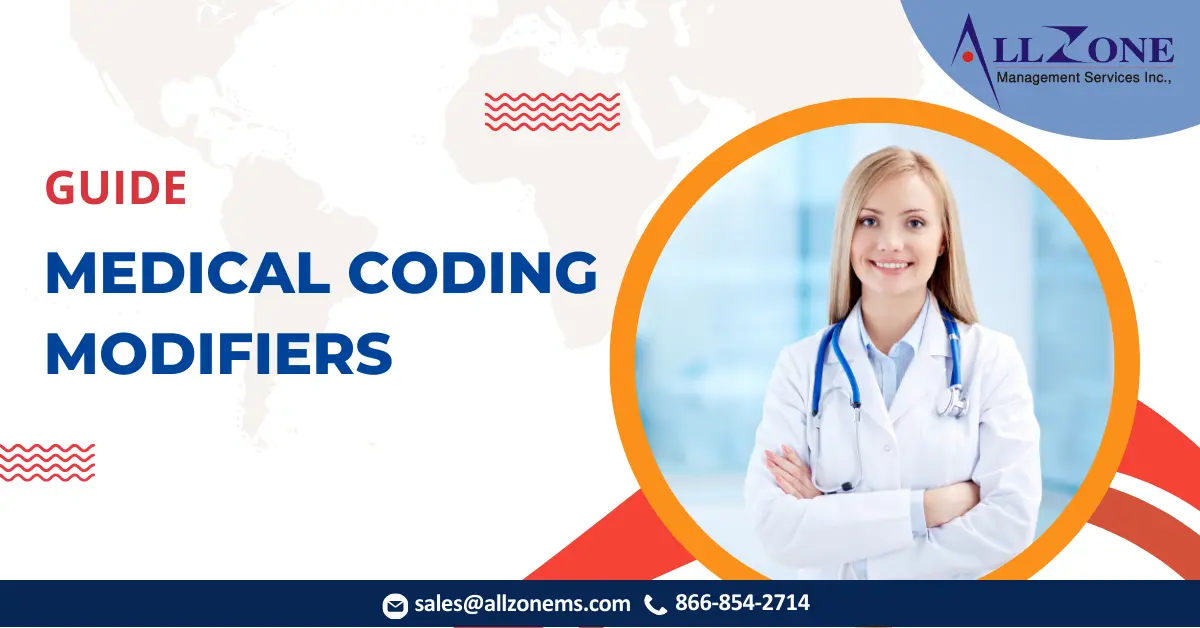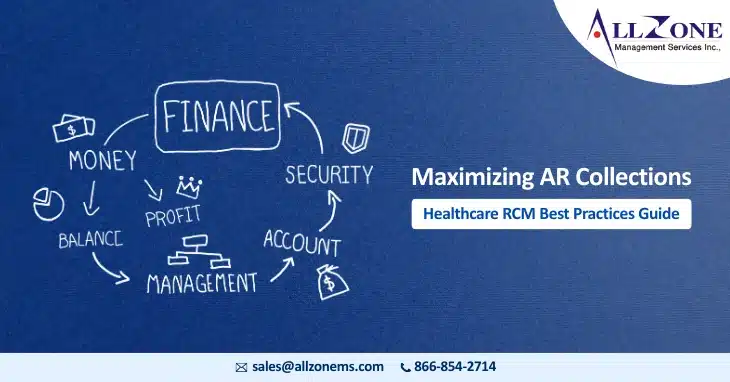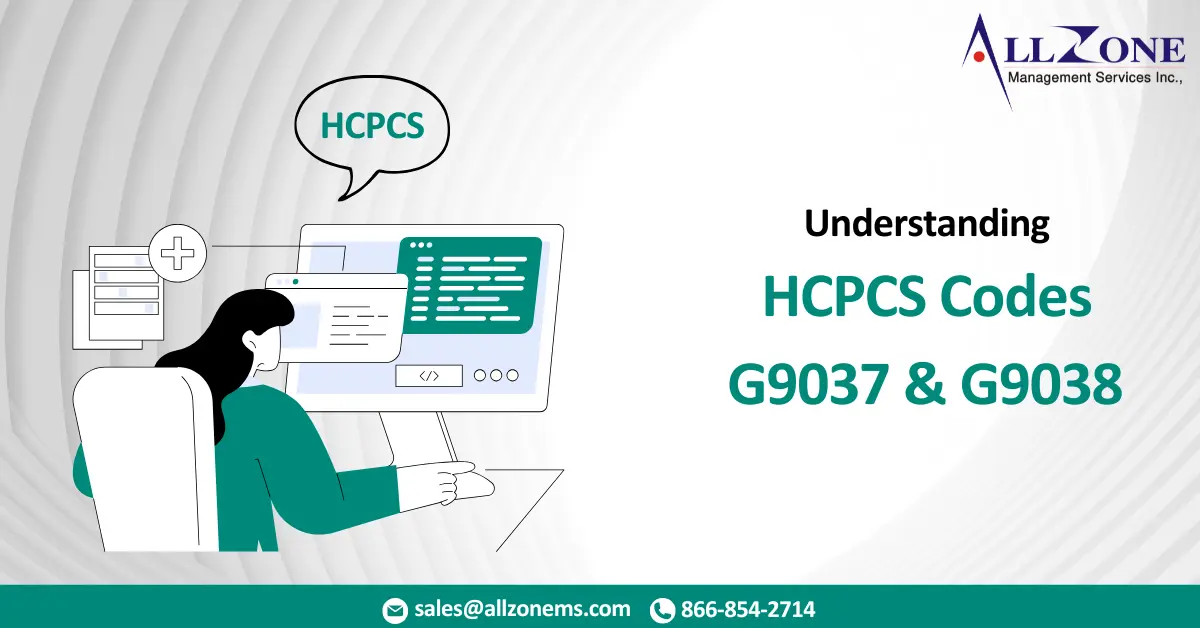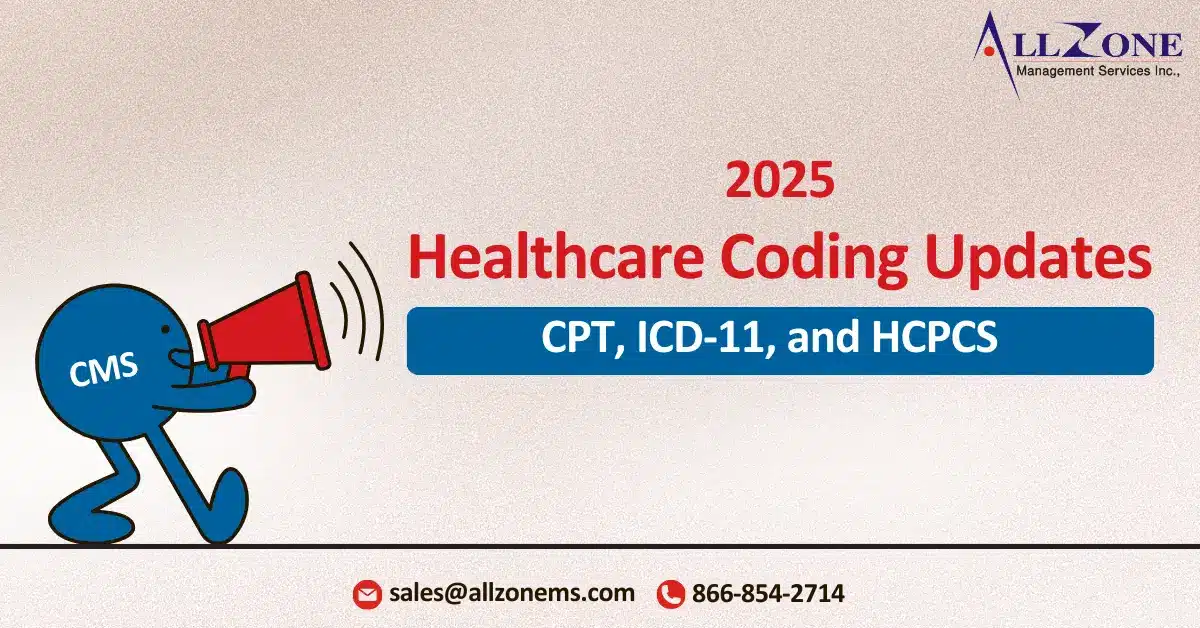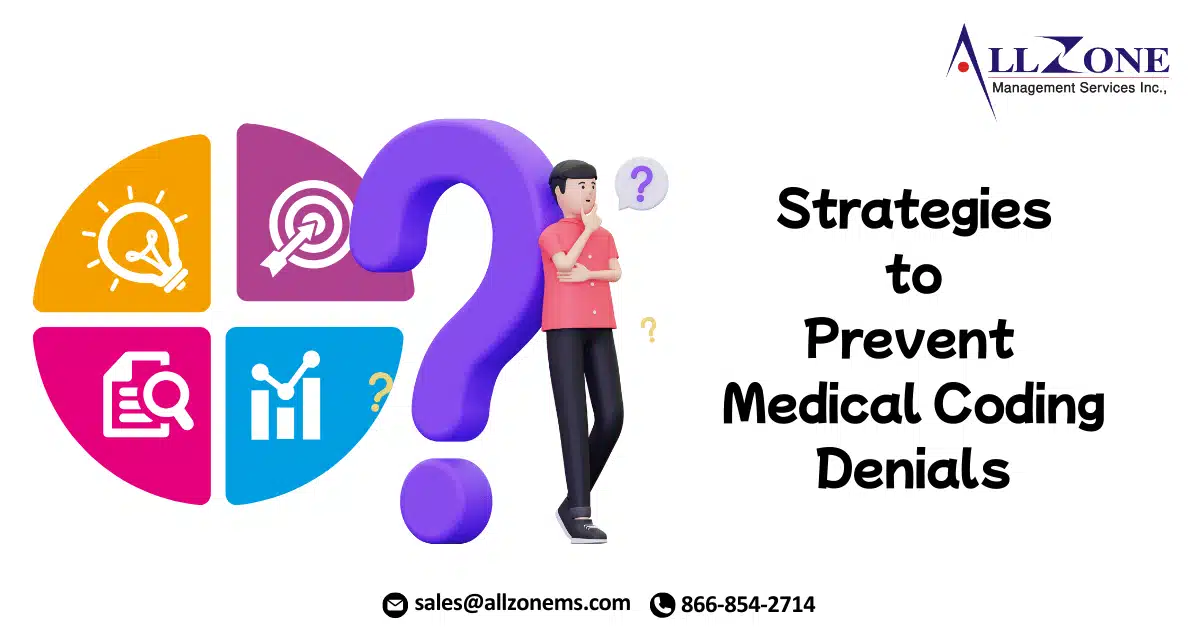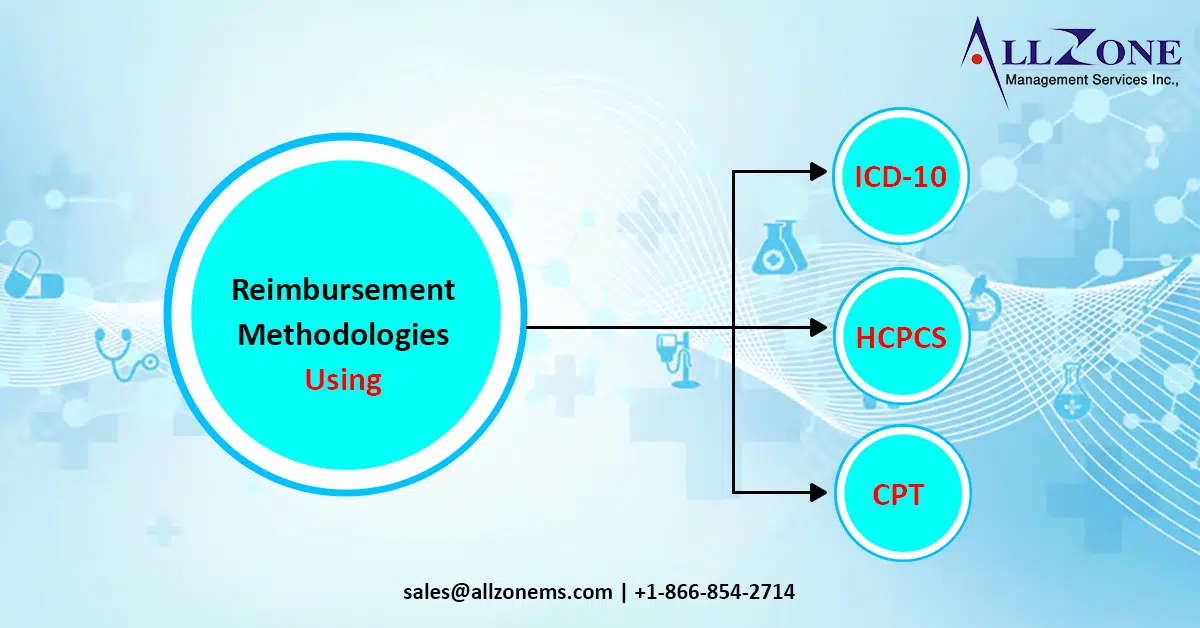In the world of medical coding, modifiers are like the punctuation marks of clinical documentation—they clarify intent, add nuance, and ensure that payers fully understand the story behind the service provided. When applied correctly, modifiers safeguard compliance, prevent denials, and guarantee appropriate reimbursement. When applied incorrectly, they can spark audits, lead to revenue loss, or […]
In the competitive healthcare landscape, Maximizing AR Collections is paramount for financial stability and growth. Effective accounts receivable (AR) management is not just about chasing outstanding payments; it’s a strategic imperative that underpins the entire revenue cycle. This comprehensive guide, “Maximizing AR Collections: A Guide to RCM Best Practices,” delves into key strategies and technological […]
In today’s evolving healthcare environment, medical billing compliance is more than just a legal requirement—it’s a strategic safeguard for your medical practice. As regulations tighten and audits become more frequent, staying compliant with medical billing standards helps protect your practice from costly fines, revenue losses, and reputational damage. What Is Medical Billing Compliance? Medical billing […]
Therapy services play a vital role in healthcare, helping patients recover from injuries, manage chronic conditions, and improve overall well-being. To ensure accurate billing and reimbursement, healthcare providers must use the correct therapy services codes. These codes, primarily based on the Current Procedural Terminology (CPT) and Healthcare Common Procedure Coding System (HCPCS), help standardize claims […]
Clinicians participating in the Making Care Primary (MCP) model now have access to two new HCPCS Level II codes, HCPCS Codes G9037 and G9038, introduced in fiscal year (FY) 2024. These codes expand the scope of interprofessional consultation services, allowing primary care providers (PCPs) to bill for time spent collaborating with specialists. The MCP Model: […]
Ophthalmology, as a specialized field within healthcare, presents unique challenges when it comes to Ophthalmology Billing. From the intricate nature of eye-related procedures to various coding requirements, Ophthalmology Billing is a nuanced process that requires precision and understanding. Healthcare providers in this specialty must navigate complex coding systems, insurance policies, and regulatory requirements to ensure […]
It is predicted that the healthcare industry will continue to evolve rapidly as we enter 2025. Medical coding, one of the cornerstones of healthcare administration, faces unique Coding challenges that require innovative strategies to succeed. For organizations to maintain accuracy, compliance, and efficiency, it is imperative to stay current with the changing regulations, technological advances, […]
Healthcare providers need to stay informed about Healthcare Coding Updates to the Current Procedural Terminology (CPT), International Classification of Diseases (ICD-11), and Healthcare Common Procedure Coding System (HCPCS) in the ever-evolving world of medical coding and billing. To ensure accurate coding and maximize revenue cycles, we must understand these Healthcare Coding Updates as we enter […]
Medical coding denials are a common challenge for healthcare providers and revenue cycle management (RCM) teams. They can disrupt cash flow, delay reimbursements, and increase administrative workloads. Avoiding these denials requires a proactive approach that addresses their root causes, ensures compliance with regulations, and fosters a culture of continuous improvement. In this blog, we’ll explore […]
The Role of Medical Codes in Reimbursement Methodologies: Medical codes, such as CPT, HCPCS, and ICD-10 (CM and PCS), are essential components of various reimbursement methodologies. The Inpatient Prospective Payment System (IPPS), used by Medicare fee-for-service, categorizes patient stays into Medicare Severity Diagnosis Related Groups (MS-DRGs) based on ICD-10 codes processed through a computerized system. […]

